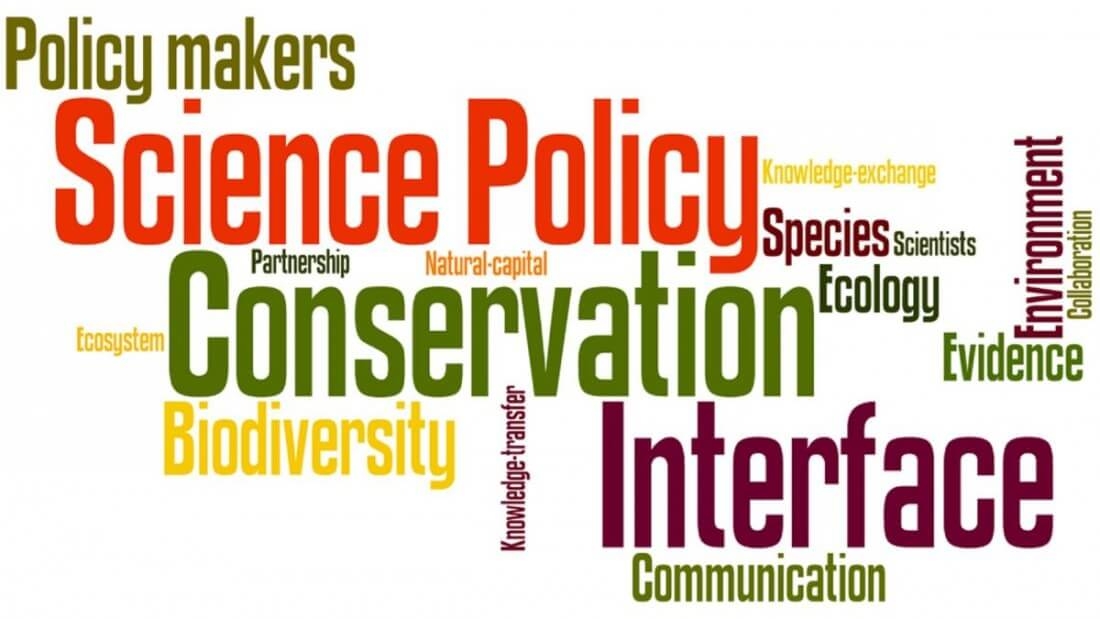

My career in science policy was not planned. However, looking back on how I got to my current position as the Associate Director of the Institute on Science for Global Policy (ISGP), I have been able to identify the critical decisions and junctures in my career that has led to my current position. First and foremost, I developed an expertise in a specific subject matter – risk and behavioral science. To ensure a long and upwardly mobile career in science policy, obtaining subject matter expertise through graduate studies and/or professional experience is crucial. It is also critical to network and seek out interdisciplinary meetings, conferences, and events on current policy topics (e.g., genetic engineering) that attract individuals from various sectors (e.g., government, academia, industry). It was at one of these meetings held by the International Risk Governance Council (IRGC) several years ago that I met the director of the ISGP, Dr. George Atkinson. I joined the ISGP as a Senior Fellow and was appointed the Associate Director in January 2015.
My typical day at the ISGP consists of training and mentoring new and existing staff. I oversee daily staff activities, which include researching, preparing, writing and editing background materials and reports for the variety of topics that our institute covers. I am also responsible for identifying, building and maintaining relationships with key collaborators (e.g., funding bodies, academic institutions). Finally, I am responsible allocating the organization, management, and implementation of ISGP’s programs, which currently include our Signature Series (e.g., emerging and persistent infectious diseases), our ISGP Academic Partnerships (IAP) program, and our program on Global Challenges (e.g., climate change). These programs consist of specific series to which staff is assigned to help plan, organize, and convene ongoing series of debates.
For potential candidates for hire, the ISGP looks for academic and professional experience concerning the evaluation of scientific research and conclusions as well as strong oral and written communication skills. We also require candidates to demonstrate good problem-solving skills, a keen attention to detail – especially with respect to recording the substance of oral debates, editing notes from a variety of sources, and interviewing subject matter experts to obtain clarification of ideas. Strong candidates for the ISGP will possess the ability to conform to rapidly shifting priorities and demands. Candidates must be able to respond well to direction, adjustments, and alterations promptly and efficiently. We look for candidates who have the ability to work independently in a fast-paced environment as well as a strong ability to meet target deadlines and manage their time effectively. Successful candidates will be able to work both independently and in a team-oriented, collaborative environment.
Once hired, new staff members are integrated into all aspects of working for the institute. Staff regularly interview and correspond with scientific and policy experts, both in the United States and abroad, to determine the relevance of their professional expertise to the topics on the agenda of each ISGP conference. Staff members are asked to assess the level of communication skills of debate presenters/audience participants that are necessary to promote vigorous, critical debate within the scope of ISGP conferences and ultimately contribute to the selection of potential debate presenters/audience participants for each ISGP conference. Staff members are required to justify their recommendations through networking, extensive correspondence, selective interviews, and a detailed familiarity with the related scientific and policy literature.
Staff members must be responsive to collective staff needs for conference planning and be able to work closely with all ISGP staff on a variety of issues at each ISGP conference. Staff members must also take an active role in writing and editing pre- and post-conferences material and publications in tandem with other members. Routine correspondence with colleagues and providing regular updates to senior staff is critical for the institute’s overall success. Because ISGP staff is located throughout the United States – and some globally – it is also imperative that potential candidates demonstrate the ability to work efficiently and productively across time zones through tools such as conference calling, e-mail exchanges, and scheduled meetings in designated places.
Ultimately, the success of a global policy institute such as the ISGP is dependent upon the skills of the core team. The ISGP has set a high bar for the types of candidates it seeks, but it is also necessary for potential candidates to understand the nature of the work conducted at a neutral not-for-profit think tank to ensure that it is within their scope of interest. I highly recommend following the above guidelines for anyone looking for a long and successful career in the field of science policy and particularly with the ISGP.